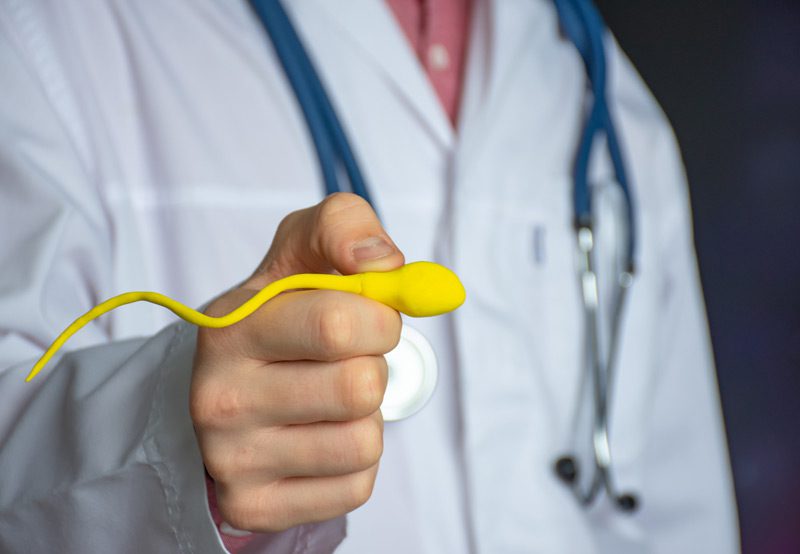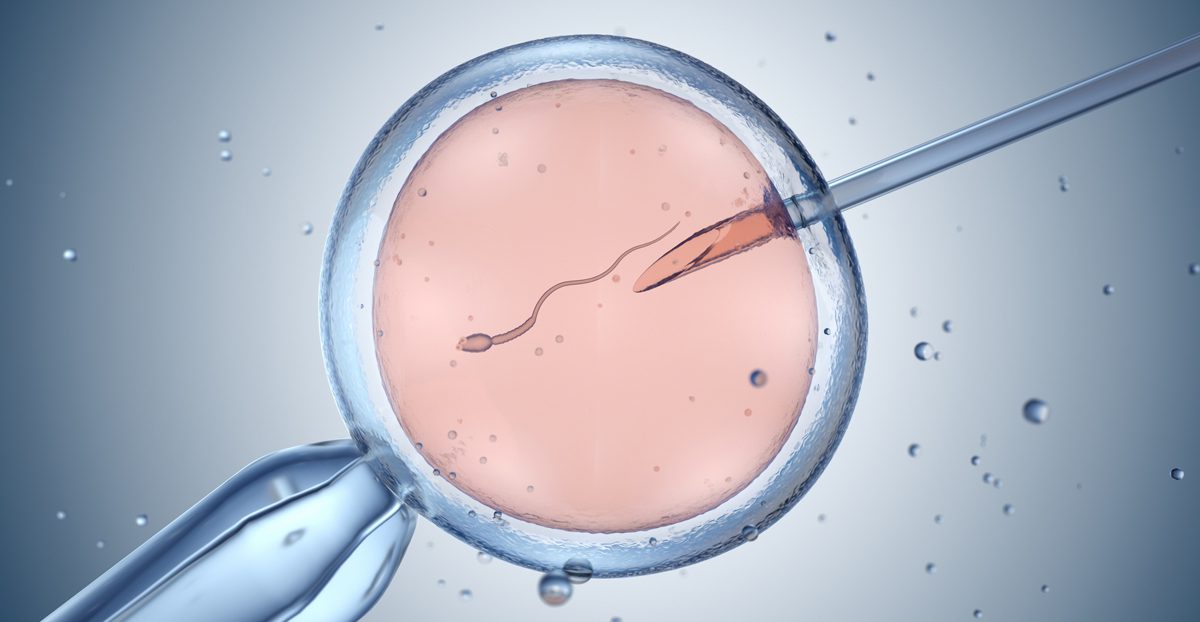

Microsurgical testicular sperm extraction (microTESE) is a highly specialized approach of retrieving sperm directly from the testes. It is primarily used in men with male infertility, specifically those diagnosed with azoospermia (the absence of sperm in the ejaculate) or severe oligospermia (low sperm count). This technique is particularly beneficial for men with non-obstructive azoospermia, where sperm production is impaired but not entirely absent. Unlike traditional sperm retrieval methods, microTESE uses advanced microsurgical techniques to identify and extract sperm from the testicular tissue with high precision.
The procedure is typically performed under general anesthesia, and a small incision is made in the scrotum to access the testes. The surgeon uses a microscope to identify areas of the testicular tissue where sperm production is most likely to occur. By extracting tissue from these regions, the surgeon can retrieve viable sperm for use in assisted reproductive techniques such as in vitro fertilization (IVF) and intracytoplasmic sperm injection (ICSI). This method is particularly useful for men who do not have sperm present in their ejaculate but still produce sperm in their testicles.

Male Infertility
- Treating Azoospermia and Oligospermia: MicroTESE is primarily indicated for men with azoospermia or severe oligospermia. In cases of non-obstructive azoospermia, where sperm is not being produced in sufficient quantity, microTESE provides a way to retrieve sperm directly from the testicular tissue, bypassing the need for sperm in the ejaculate. This makes it possible for men with these conditions to pursue assisted reproductive treatments such as IVF and ICSI.
- Improving Fertility Outcomes: The technique is known for its higher sperm retrieval rates compared to other methods like testicular sperm aspiration (TESA). For men with severely low sperm count or no sperm in the ejaculate, microTESE can often provide a viable sperm sample for fertility treatments, increasing the chances of successful conception through assisted reproductive technologies.
Next Steps
If you are diagnosed with azoospermia or severe oligospermia, microTESE may offer a viable option for sperm retrieval and fertility preservation. It is essential to work with a specialist who can evaluate your individual situation and determine if microTESE is the right choice for you. Following sperm retrieval, you can explore assisted reproductive techniques such as IVF or ICSI, depending on your fertility goals.
